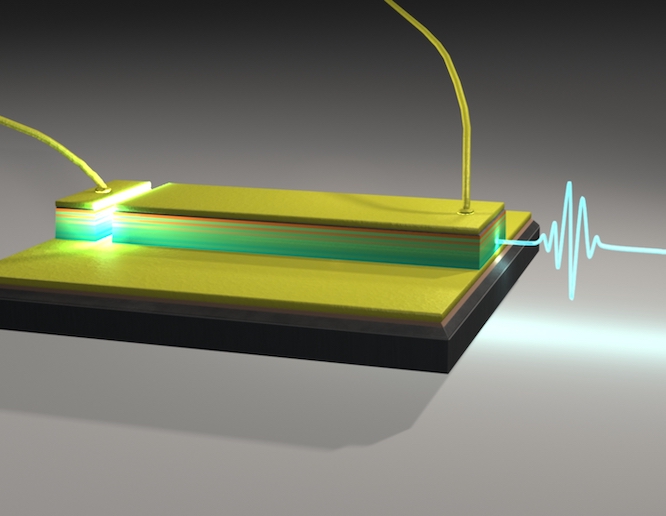Powerful new radiation detectors on the horizon
Japan's Fukushima Daiichi nuclear disaster showed the world how important it is to assess hazards rapidly and respond to situations where radiation could be an issue. One effective response system requires radiation detectors that rely on a compound of cadmium, zinc and tellurium (Cd(Zn)Te). With this in mind, the EU-funded project 'Cooperation across Europe for Cd(Zn)Te based security instruments' (COCAE) worked on developing a portable instrument that can accurately pinpoint radiation type and source. To overcome current detector technology that is expensive and prone to errors, the project team employed principles that are inspired by high-energy astrophysics. It focused on cultivating high-grade Cd(Zn)Te crystals in Europe and exploiting advanced pixel electronics to achieve highly accurate radioactive source localisation and identification within a few metres. Project members also envisaged the inclusion of a camera system to identify and map radioisotopes in different situations. This is useful for monitoring security near border areas, recycling plants and nuclear waste facilities, as well as for decommissioning nuclear installations or facilitating emergency responses. Technological advances in this respect were based on the Compton imaging technique and efficient crystal growth, in addition to advanced diode detectors and semiconductor technology to process information. COCAE produced valuable research in this domain and made tremendous progress in developing the technology required to produce cutting-edge portable radiation detectors. It disseminated the project results through leading journals, the project website and key events such as conferences and symposia. This is an important step for commercialising a Cd(Zn)Te Compton camera system, whose technology could also benefit other industries such as the dental and medical ones. Overall, the project's results pave the way for perfecting and exploiting this important European-based technology that enhances safety and security with positive effects relating to science and technology. This presents many opportunities for smaller enterprises that want to invest in the technology.







